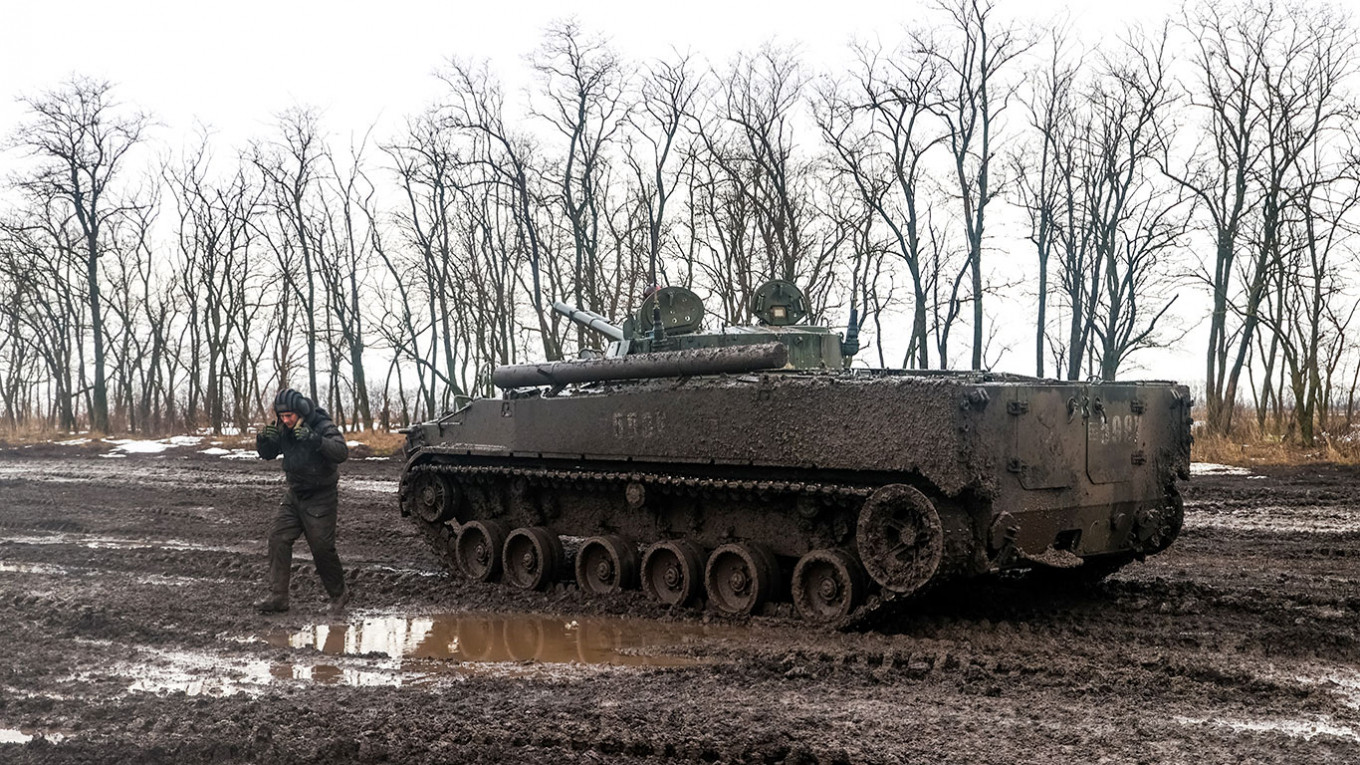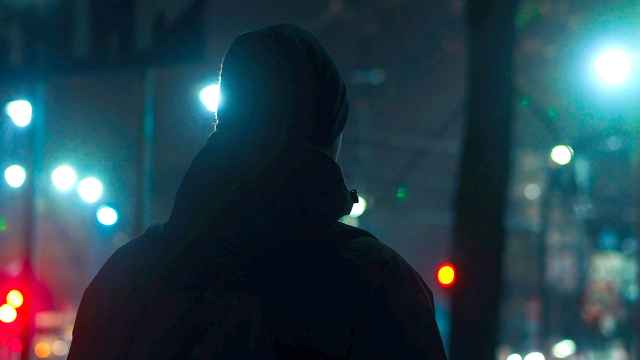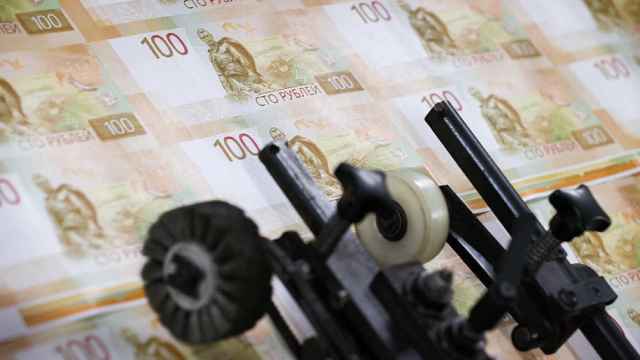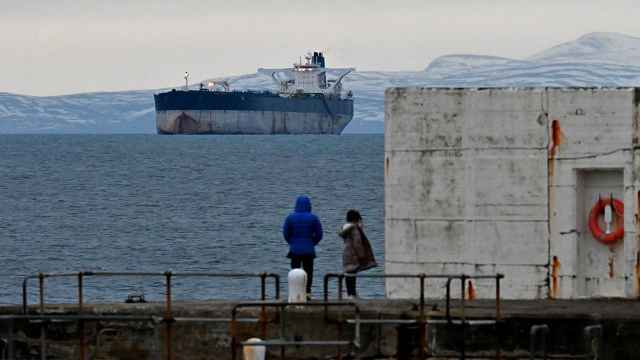Russia continues to remind itself as well as the outside world that it is neither as repressed nor as monolithic as some would claim, despite the government’s recent swing towards full-blown authoritarianism.
Furthermore, the risk of a slide into war in Ukraine has demonstrated that political opposition to the Kremlin comes not only from the liberal intelligentsia but also nationalists, for whom Putin is not a patriot but an opportunist.
It was striking enough when, at the end of January, over 5,000 people signed a statement then published by Ekho Moskvy, warning that “the citizens of Russia are becoming hostages to criminal adventurism,” and offering “an open and public challenge to the War Party, which has been formed within the government.|
It is not in any way to disparage those undertaking what is a real act of bravery in the current political environment to say that in the main these represented the ‘usual suspects’ of opposition to the Kremlin’s policies: cultural figures, human rights activists, dissident politicians and generally a mobilisation of the liberal intelligentsia.
Ivashov’s Lament
It was, however, arguably more noteworthy when retired Colonel General Leonid Ivashov, a man known for championing the Soviet system, now Chairman of the unofficial All-Russian Officers Assembly, published on its website ‘an Appeal to the President and citizens of the Russian Federation’ starkly entitles ‘The Eve of War.’
It is a blunt demand not just for Vladimir Putin to end his “criminal policy of provoking a war” but, indeed, to resign.
Ivashov comprehensively castigates the regime for creating a situation in which the main threats to the system come not from Ukraine or the West but from within: “the unviability of the state model, the complete incapacity and lack of professionalism of the system of power and administration, the passivity and disorganisation of society.”
Warning that, “in this state, no country survives for long,” Ivashov believes that the elite are trying to hold on to their power and wealth for as long as possible even at the cost of a Kremlin Götterdämmerung, a willingness to risk “the final destruction of Russian statehood and the extermination of the indigenous population of the country.”
After all, in Ivashov’s apocalyptic vision, it is not just that any escalation will lead to thousands of deaths on the battlefield and massive economy sanctions, but that NATO will also get directly involved and, as if that were not enough, ‘Turkish field armies and a fleet will be ordered to “liberate” the Crimea and Sevastopol and possibly invade the Caucasus.’
All that said, one should put this in context. Ivashov has long been a critic of the current regime (and of the West, for that matter), and for all its expansive title, the All-Russian Officers Assembly is a body of limited political weight and uncertain numbers, very much a home for retired and reserve officers of extreme nationalist views.
Its membership includes, for example, Colonel Vladimir Kvachkov, the former Spetsnaz special forces imprisoned for the attempted assassination of Anatoly Chubais in 2005.
Yet Ivashov’s appeal is a reminder of the fact that although the West-friendly liberal opposition may have more traction on the public imagination — and certainly on the attention of Western journalists, diplomats and academics alike — there is also a strong strand of nationalist critiques of Putin that interconnects with elements of the systemic and non-systemic opposition, but also have a constituency within the security apparatus on which the Kremlin depends.
The Nationalist Critique
After all, nationalists and monarchists played a significant role in the Bolotnaya movement, which in many ways had its genesis in protests ensuing from the November 2011 ‘Russian March’ and alongside such liberal icons as Boris Nemtsov and Yevgenia Albats spoke Eduard Limonov, now deceased leader of the National Bolshevik Party and Konstantin Krylov, head of the unregistered National Democratic Party.
Often the nationalist critiques focus on corruption and arbitrary power, the belief that this regime robes itself in the flag, while stealing from and degrading the people and the state they affect to love.
Others add further sins to the tally.
For example, Igor Girkin — ‘Strelkov’ — also regard the Kremlin as a nest of traitors because he feels they betrayed the real interests of the Donbas when they ditched the idea of creating a ‘Novorossiya’ (and forced him out of the conflict). However, the issues of corruption, incompetence and arbitrariness tend to be the common themes running through the nationalist critique.
Why this matters is that although the leaders and overt structures of the nationalists are often amateurish, marginal and unpleasant, they have strikingly broad resonance.
These are views that many within the Communist Party share (and it is worth noting that firebrand Sergei Udaltsov in many ways occupied a middle ground between the two) and, for that matter, some within the Liberal Democrat Party, too.
They are also often encountered within the national-patriotic social movements on which the Kremlin often rests, from the Cossacks to the Yunarmiya militarised youth movement.
Dissidents in Epaulets
Most importantly, this is a critique which appears to appeal to a wide strand of the middle-rankers within the military and security apparatus: captains, majors, even some colonels, the career officers who do not live the truly pampered lives of the top brass, who likely joined at least in part out of a sense of duty, and who feel their values dismissed by those at the top of the chain of command.
Scroll through their Telegram channels or some of the more recondite message boards and it soon becomes clear how strong the nationalist critique of the government can be, even within such bodies as the National Guard intended to be its bulwarks.
The government has tended to assume that so long as it paid them well, praised them often and decorated them at any excuse, that would buy their loyalty. For some, it undoubtedly does. However, even soldiers and security officers have lives and loyalties beyond the state, and it is insiders who probably see better the sins of the system.
This is why the Kremlin has so often tried also to distract and co-opt nationalist politics, most recently with writer’s Zakhar Prilepin’s ‘For Truth’ movement that has since merged with Patriots of Russia and A Just Russia.
Ultimately, though, such gambits fail because the nationalist critique is essentially a moral one, rooted not in one political structure or another, but a sense of injustice and outrage, and this is also why, however much the nationalists may disagree fundamentally with the liberals on causes and solutions to the current situation, they can agree that the status quo cannot — should not — be allowed to continue.
Ivashov himself is irrelevant.
The fact of his public appeal, though, is significant, in that it speaks to the frustration and concern felt within a fraction of the Russian political scene that tends to remain behind the scenes, yet which has perhaps more traction than any other within the security forces, which are also the ultimate guarantors of Putin’s authority.
We are nowhere near the point where we can meaningfully talk of active opposition there, but this is a useful reminder that Russian politics are more complex than often assumed, and that Putin’s belligerent nationalist rhetoric certainly doesn’t convince everyone.
A Message from The Moscow Times:
Dear readers,
We are facing unprecedented challenges. Russia's Prosecutor General's Office has designated The Moscow Times as an "undesirable" organization, criminalizing our work and putting our staff at risk of prosecution. This follows our earlier unjust labeling as a "foreign agent."
These actions are direct attempts to silence independent journalism in Russia. The authorities claim our work "discredits the decisions of the Russian leadership." We see things differently: we strive to provide accurate, unbiased reporting on Russia.
We, the journalists of The Moscow Times, refuse to be silenced. But to continue our work, we need your help.
Your support, no matter how small, makes a world of difference. If you can, please support us monthly starting from just $2. It's quick to set up, and every contribution makes a significant impact.
By supporting The Moscow Times, you're defending open, independent journalism in the face of repression. Thank you for standing with us.
Remind me later.








